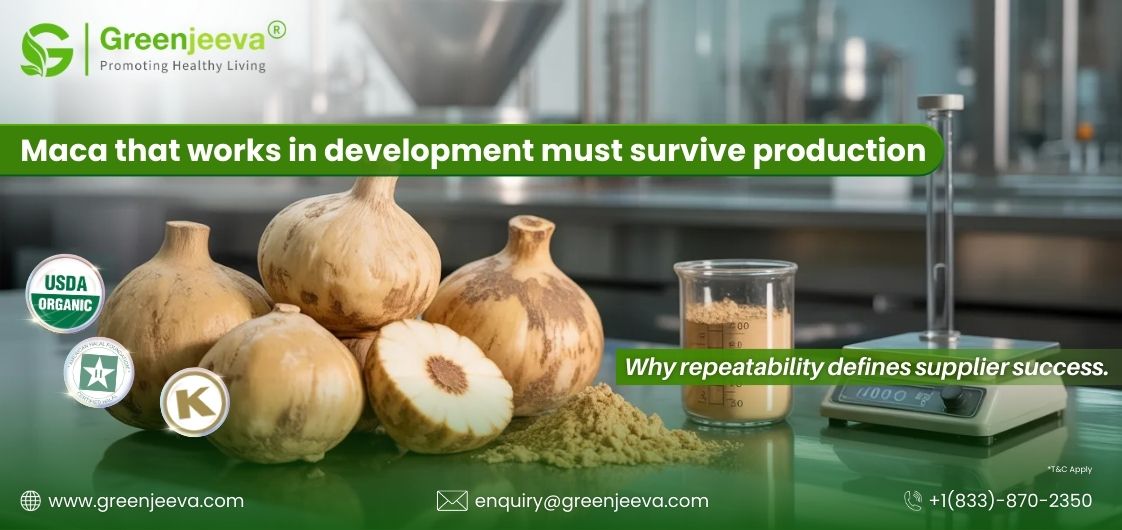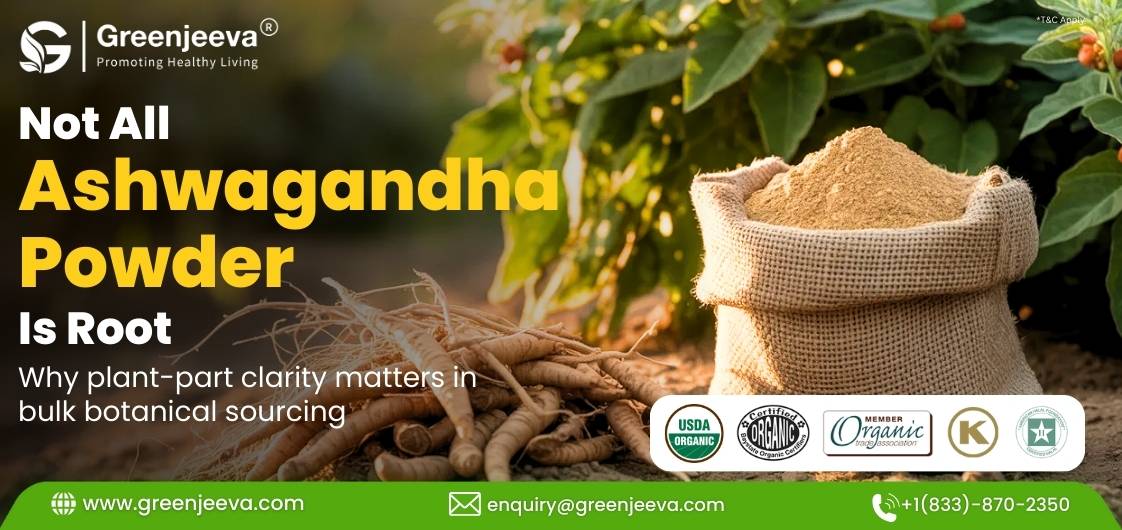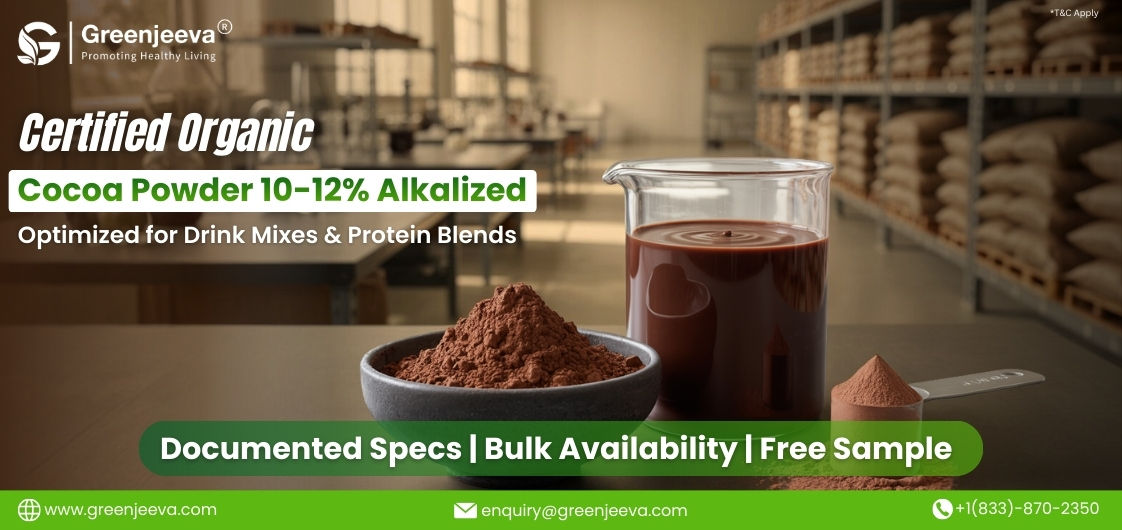Elderberry – Interesting Facts, Nutrition Profile, and Uses

Interesting Facts about Elderberry
- Elderberry can grow up to height and width of 6 feet.
- It grows well in swampy areas that can provide sufficient water. It needs well-drained, fertile soil with adequate sunlight.
- It produces around 12 to 15 pounds of berries each year.
- The berries are purple or black-coloured and are produced in clusters.
- It has ivory white fragrant flowers and green pinnate leaves with serrated edges.
- It blooms during summer and spring.
- The fruits and leaves of elderberry serve as an important source of food for mule deer, elk, and birds.
- All parts of the elderberry plant contain the toxic chemical sambunigrin, except for the fruit and flowers.
- The fruits of elderberry have a rich content of Vitamin A, Vitamin C, B Vitamins, and minerals like zinc, iron, selenium, calcium, and manganese.
- The lifespan of the perennial elderberry plant generally ranges between 80 to 100 years.
- Elderberry can get pollinated through cross- as well as self- pollination methods.
- The berries of elderberry contain antioxidative properties and support the immune system. Its flowers contain antioxidative and laxative properties and support the immune system. Its bark contains laxative and diuretic properties.
- There are many different varieties of elderberries, growing across the globe. Red elderberries grow in China, whereas the blue ones are found majorly in Mexico. Black elderberries are cultivated primarily in the Americas and Europe.
- The elderberry fruit is used in the manufacture of various food items including jams, jellies, cakes, muffins, and pies. It has also been used traditionally in the manufacture of gin, brandy, and wine in Europe.
- Elderberry fruit is also consumed in teas, juices, and syrups. It can even be fried and taken as a snack.
- Elderberry supplements are available in the market in the form of gummies, lozenges, and capsules.
- Elderberry fruits are a naturally low sugar content.
- Elderberry fruits have a high content of anti-oxidants that help fight against free radicals that are known to cause cellular damage. This, in turn, helps prevent a number of chronic diseases.
- Elderberry is a nutritionally-proven superfood.
Nutrition Profile of Elderberry
A single cup of elderberry contains the following nutrients:
- Calories: 106
- Carbohydrates: 26.68 grams
- Vitamin A: 870 mg
- Vitamin C: 52.2 mg
- Potassium: 406 mg
- Calcium: 55 mg
- Folate: 9 mg
- Iron: 2.32 mg
- Dietary fibre: 10.2 grams
- Fat: 0.7 grams
- Protein: 1 gram
Industrial Uses of Elderberry
Elderberry has long been used as a raw material in many kinds of industries across the globe. It is used as a natural food colorant in the food and beverages industry. It is also used as a key ingredient in the manufacture of jellies, jams, yogurt, ice-creams, and syrups in this industry. In the baking industry, elderberry is used to prepare cakes, pies, and many other desserts. It is also used in the production of many alcoholic beverages like wine. It is even used in the manufacture of non-alcoholic beverages like white wine, spirits, and fruit brandies. It is also used in the nutraceutical industry for the manufacture of herbal dietary supplements.
Where to Order Elderberry Powder From?
If you are looking forward to ordering organic elderberry powder in bulk quantities, you can place your orders at affordable prices right away on Green Jeeva.
Know more Product- Goldenberry Powder
Disclaimer:
The above statements are not intended to cure any disease or comply with any health benefits. This is solely for information purposes. Please consult your doctor/health practitioner before consumption of the product. Although we take efforts to keep our website informative, we do not guarantee any medical benefits.


.jpg)



